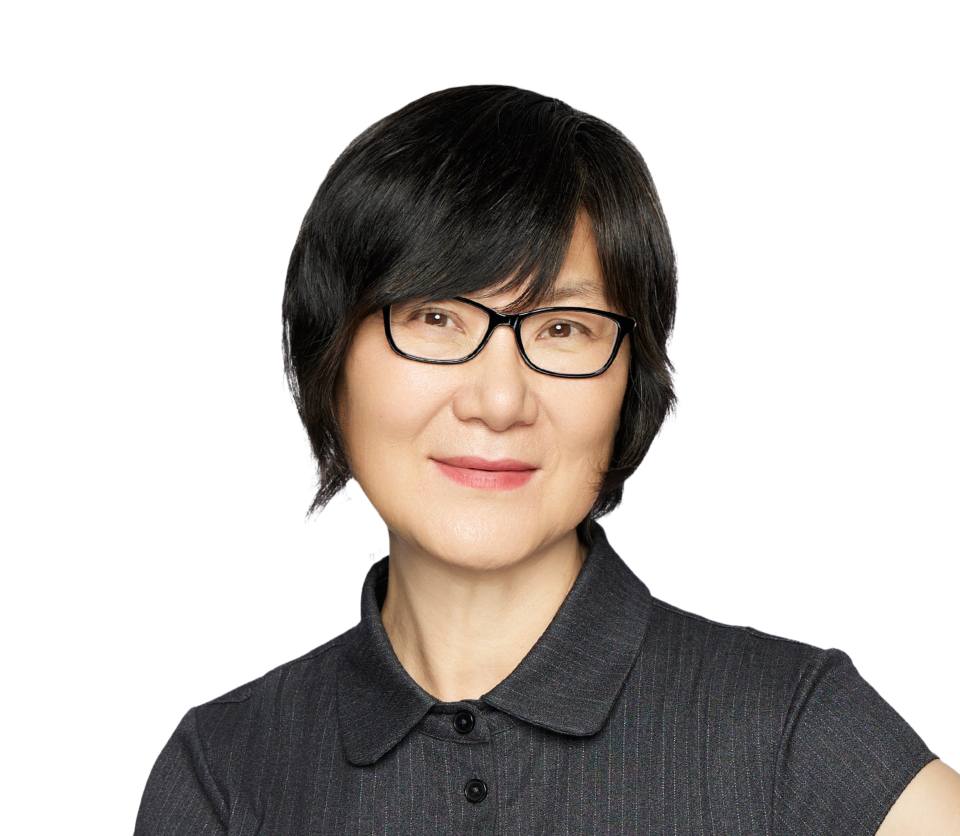Patient-Centric Innovation and Healthcare Transformation
The pharmaceutical industry’s shift toward advanced drug delivery methods is gaining momentum. Analysts project that the global pharmaceutical drug delivery market will exceed $2 trillion in sales by 2030. Companies across the sector are expected to employ millions worldwide, reflecting strong growth fueled by innovative delivery technologies. Solutions such as microneedle patches, intranasal vaccines and wearable therapeutic devices represent major advancements. At the same time, traditional methods like injections and pills are evolving to support more precise, patient-friendly and effective treatments.
Industry stakeholders, including drug developers, healthcare professionals and decision-makers, are investing in advanced technologies and benefiting from progress in patient-focused delivery methods. Wearable devices, for example, offer continuous therapeutic delivery that can improve patient adherence and treatment outcomes. These technologies support accurate dosing tailored to individual needs, helping manage chronic conditions and improve overall quality of life. A global outlook remains essential, as pharmaceutical markets are highly interconnected and rely on cross-border collaboration and innovation.
Next-Gen Delivery Methods: Shaping the Future
Advanced drug delivery technologies such as microneedle systems and intranasal vaccines are offering new possibilities for precise and less invasive treatment. Microneedle patches provide pain-free, controlled medication release, improving adherence, particularly among pediatric and geriatric patients. Intranasal vaccines present an alternative to injections by reducing discomfort and supporting broader vaccine uptake and effectiveness. Wearable devices also play an important role by delivering therapeutics continuously, monitoring health in real time and fitting seamlessly into patients’ daily lives.
At Drug Delivery Summit 2026, industry experts and leaders will share innovative solutions and products that are helping shape the future of therapeutic delivery and improve healthcare outcomes worldwide.























